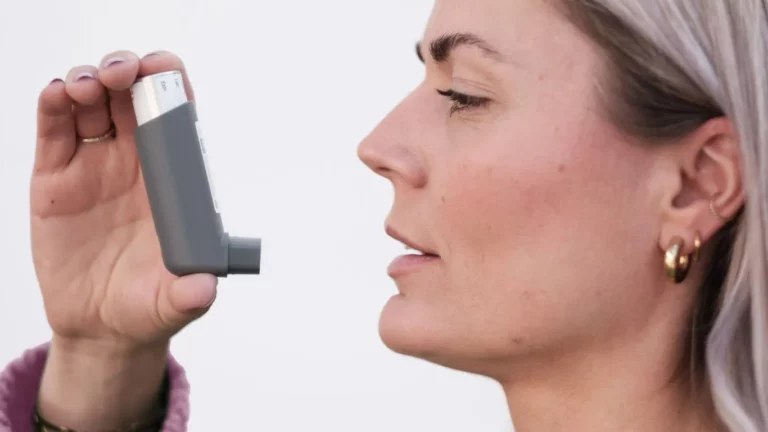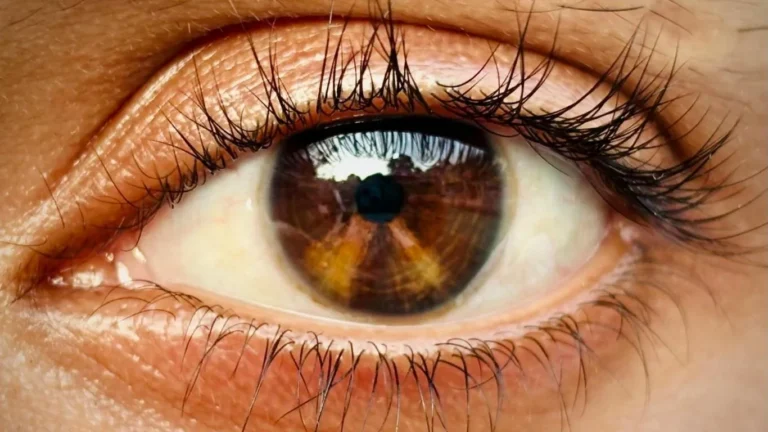Is Cold Brew Coffee Safer for Hypertension? A Comprehensive Look
As an Internal Medicine physician with a focus on hypertension management, one of the most common questions I get asked by patients is whether cold brew coffee is safer for hypertension. Coffee has long been a subject of debate, particularly among individuals with high blood pressure. While some swear by their morning cup of joe, others are concerned that it could potentially spike blood pressure levels. So, does cold brew coffee present a safer alternative for those managing hypertension? Let’s dive into it and explore the facts.
What Is Cold Brew Coffee?
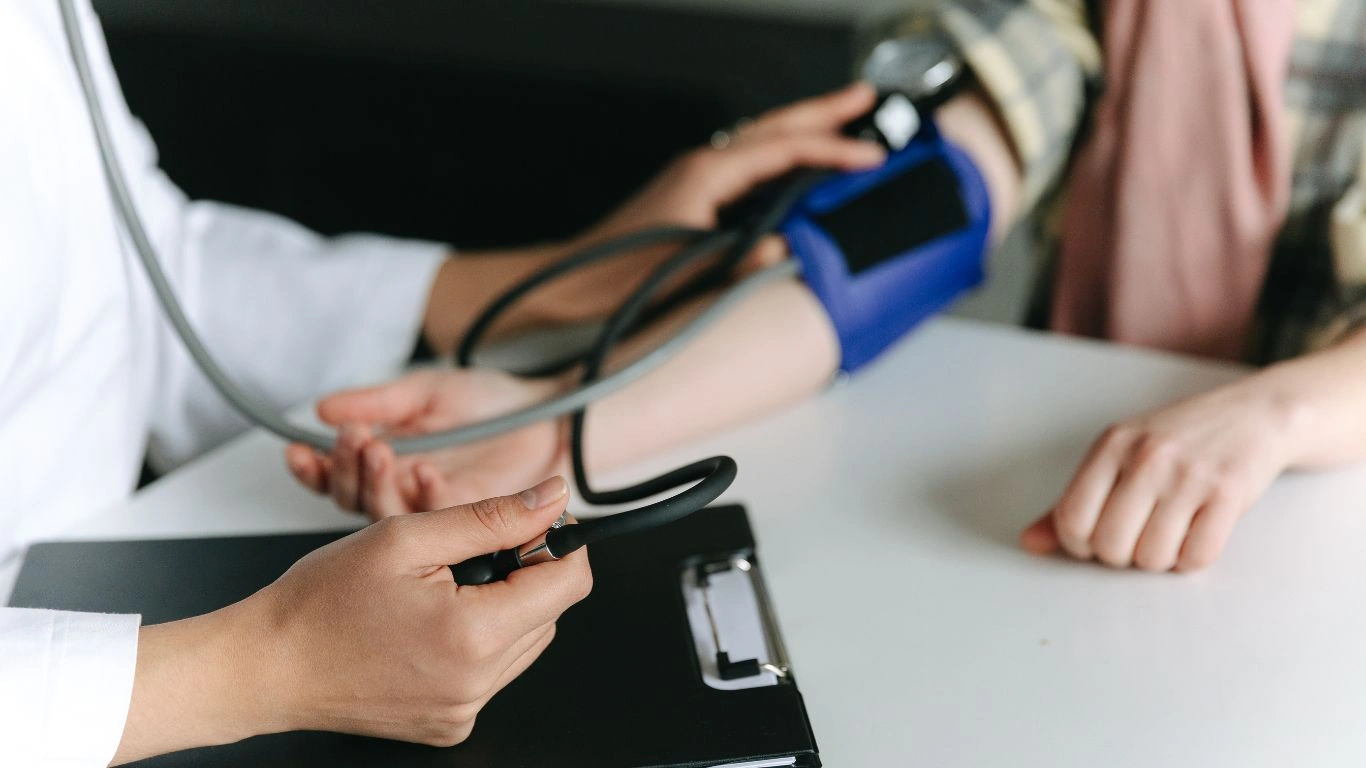
Before we even consider the implications for hypertension, let’s first take a closer look at what cold brew coffee actually is. Cold brew coffee is made by steeping coarsely ground coffee beans in cold water for an extended period of time – usually anywhere from 12 to 24 hours. Unlike traditional hot-brewing methods, which use heat to extract the coffee’s flavors quickly, cold brew coffee uses time as the primary extraction method.
Because of the cold brewing process, cold brew coffee tends to have a smoother, less acidic taste than regular brewed coffee. It also contains more caffeine due to the longer steeping time. Now, this is where things get a bit tricky for people with hypertension. It’s well-established that caffeine can temporarily raise blood pressure, but the question remains: does cold brew coffee, with its higher caffeine content, make it a worse option for people with high blood pressure compared to regular coffee?
The Link Between Caffeine and Hypertension
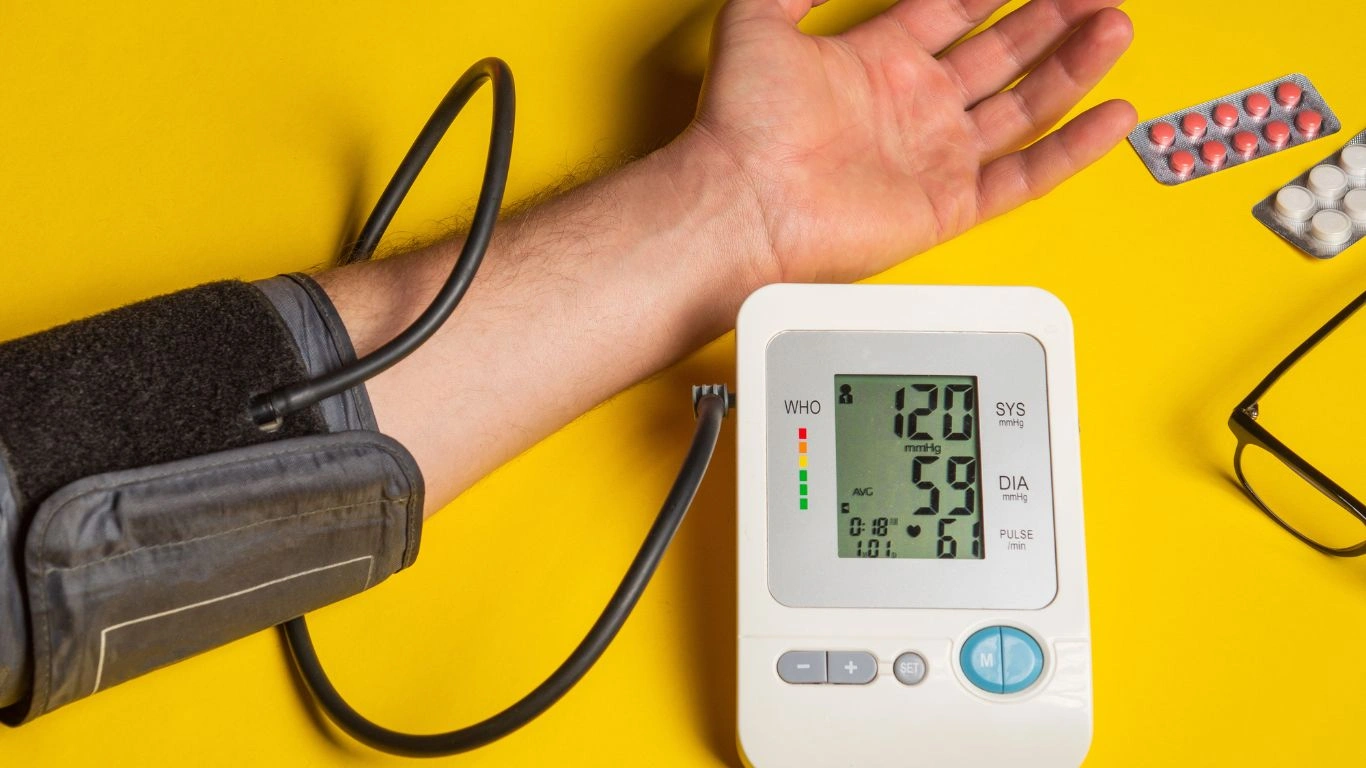
Caffeine, the natural stimulant found in coffee, has been linked to increased blood pressure in some individuals. This is because caffeine stimulates the central nervous system, which can cause a short-term increase in heart rate and blood pressure. For those with existing hypertension, this can be concerning, as even small spikes in blood pressure can have long-term health consequences.
As a physician, I’ve seen many patients become worried about their caffeine consumption when they’re diagnosed with hypertension. The general rule of thumb is that moderate coffee consumption, typically 1-2 cups per day, might not cause significant harm to most individuals with well-controlled hypertension. However, the relationship between caffeine and hypertension can vary from person to person. Some people may be more sensitive to caffeine’s effects, while others might not experience any noticeable impact on their blood pressure.
Cold Brew vs Regular Coffee: Does It Make a Difference?
Now, let’s talk about cold brew coffee specifically. One of the main selling points of cold brew is its smooth, less acidic taste. But what about its effects on blood pressure? Here’s where it gets interesting. Cold brew coffee typically has higher caffeine content than regular brewed coffee, even though the acidity is lower. This could potentially mean that cold brew coffee may have a stronger effect on blood pressure compared to regular coffee. But does it? Let’s break it down further.
Studies have shown that the amount of caffeine in cold brew coffee can vary widely depending on how it’s made. Some cold brew concentrates can have significantly more caffeine than a standard cup of coffee. For instance, a 16-ounce glass of cold brew could contain anywhere from 150 to 250 milligrams of caffeine, depending on the brand or how it’s brewed. By comparison, a regular 8-ounce cup of drip coffee generally contains around 80-100 milligrams of caffeine. This means that a typical serving of cold brew coffee could pack a much bigger caffeine punch.
For people with hypertension, this is important to consider. If you’re someone who enjoys cold brew coffee but is concerned about your blood pressure, it’s worth keeping track of how much caffeine you’re consuming on a daily basis. If you already have high blood pressure or a family history of hypertension, you may want to consider limiting your cold brew intake or opting for a lower-caffeine alternative.
Can Cold Brew Coffee Be Safer for Hypertension?

So, is cold brew coffee safer for hypertension? The answer isn’t black and white, but there are a few things to keep in mind. First, it’s important to recognize that the effects of caffeine on blood pressure can differ from person to person. If you are managing hypertension, the key is moderation. Cold brew coffee might have a higher caffeine content, but that doesn’t necessarily mean it’s any worse for your blood pressure than regular coffee – as long as you’re mindful of how much you’re consuming.
Another factor to consider is the way cold brew coffee is consumed. Many people enjoy their cold brew with sweeteners or creamers, which can add extra calories, sugar, and fat. This could potentially have an indirect effect on blood pressure by contributing to weight gain or poor dietary habits. To keep your cold brew coffee as heart-healthy as possible, consider skipping the sugary syrups or heavy cream, and instead opt for healthier alternatives like almond milk or a natural sweetener like stevia.
At the end of the day, the most important thing to remember is that caffeine, in any form, should be consumed in moderation, especially if you have high blood pressure. If you’re someone who loves their cold brew, don’t feel like you have to cut it out entirely – but do keep an eye on your caffeine intake and listen to your body. If you notice any increases in heart rate, palpitations, or spikes in blood pressure, it might be time to scale back on your cold brew consumption.
How to Make Cold Brew Coffee Heart-Healthy
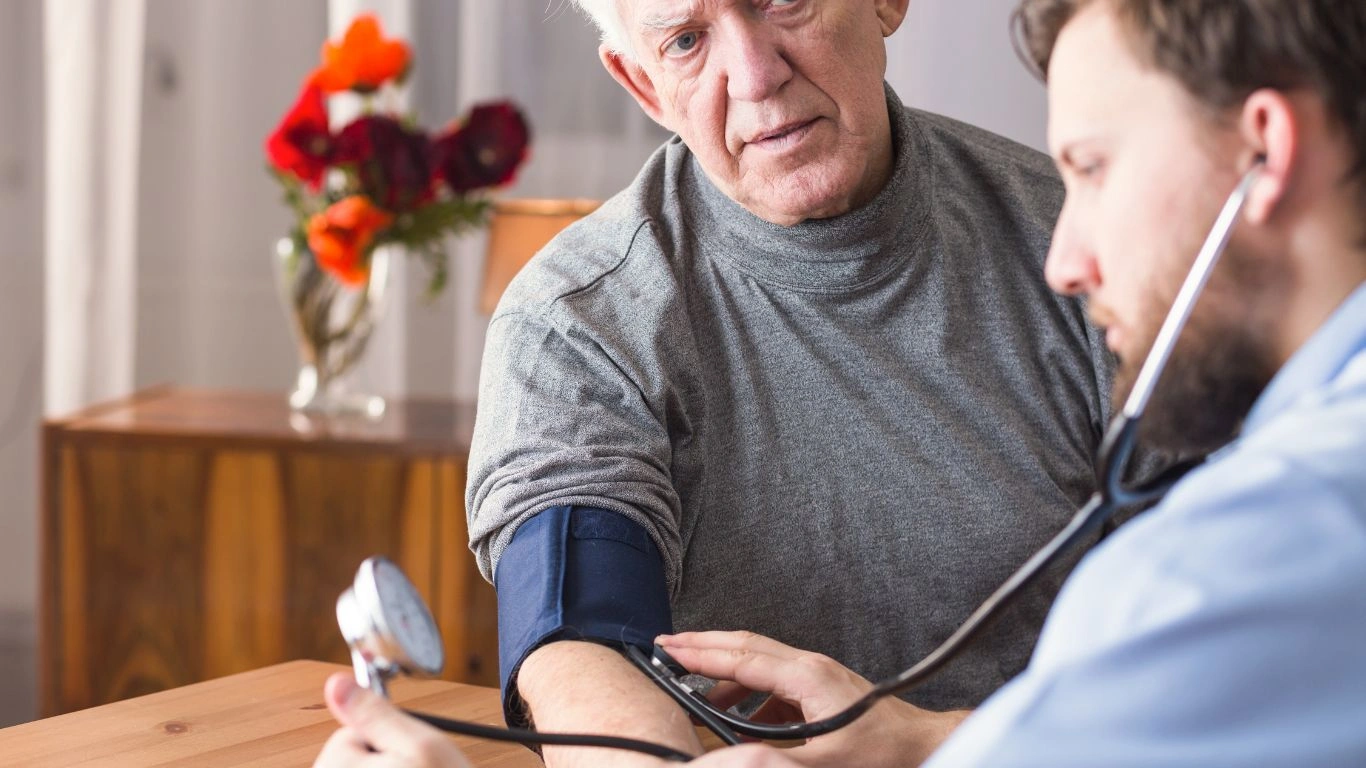
If you’re a fan of cold brew coffee but want to make it more hypertension-friendly, there are several simple steps you can take to reduce its potential impact on your blood pressure. Let’s break down how you can modify your cold brew experience to keep it as heart-healthy as possible.
First and foremost, it’s essential to focus on the caffeine content. As we’ve already discussed, cold brew coffee can be much stronger than regular brewed coffee. This doesn’t necessarily mean you need to give it up entirely – just be mindful of how much you’re consuming. If you’re finding that cold brew coffee is giving you a bit too much of a caffeine buzz, try diluting it with some water or ice to cut down on the concentration. This can help reduce the caffeine load while still allowing you to enjoy the coffee’s smooth flavor.
Cutting Down on Added Sugar
Another thing to consider is the sugar content in your cold brew coffee. A lot of cold brew enthusiasts enjoy their drinks with sweeteners, syrups, or creamers. However, these can add significant amounts of sugar to your coffee, which isn’t great for managing hypertension or heart health in general. For those of us who are used to a sweet cup of coffee, it can be tough to kick the habit, but there are plenty of healthier alternatives that can still satisfy your sweet tooth.
Instead of sugary syrups, consider using natural sweeteners like stevia or monk fruit. These options won’t spike your blood sugar levels and can give your coffee that sweetness you’re looking for without the negative health effects. If you’re craving a creamy texture, you might want to try unsweetened almond milk, oat milk, or coconut milk – all of which are lower in fat and calories compared to regular dairy creamers. And remember, less is more when it comes to sweeteners; a little goes a long way!
Understanding the Long-Term Effects of Caffeine on Hypertension

While we’ve already touched on the immediate effects of caffeine on blood pressure, it’s important to consider the long-term effects of regular caffeine consumption, especially if you have a history of hypertension. As a physician, I’ve seen firsthand how small, daily habits can accumulate over time and lead to bigger health concerns. Caffeine, even in moderate amounts, can contribute to chronic hypertension if consumed excessively over many years.
For those of us with high blood pressure, managing caffeine intake becomes more than just a matter of avoiding a short-term spike. It’s about controlling how that daily cup of cold brew (or regular coffee) impacts our overall cardiovascular health. Chronic hypertension can put extra strain on the heart, leading to an increased risk of heart disease, stroke, and kidney problems. This is why monitoring caffeine intake is crucial in the long run. If you’re someone who has hypertension and consumes coffee daily, it might be worth having a conversation with your doctor about how caffeine fits into your overall treatment plan.
The Role of Lifestyle Factors in Hypertension
It’s easy to think that managing hypertension is all about what we eat or drink, but in reality, it’s often the combination of lifestyle factors that have the most significant impact on blood pressure. For example, physical activity plays a huge role in controlling blood pressure. Regular exercise helps improve blood flow and strengthens the heart, making it better equipped to handle the stresses caused by caffeine or other factors.
Diet is also a critical aspect of hypertension management. While enjoying your cold brew in moderation may not be harmful, it’s equally important to ensure you’re consuming a diet rich in potassium, magnesium, and fiber – nutrients that help naturally lower blood pressure. Fresh fruits, vegetables, whole grains, and lean proteins should be staples in your diet if you’re managing hypertension. If you add a healthy diet and regular exercise into the mix, the occasional cup of cold brew coffee becomes just a small piece of the puzzle.
Alternatives to Cold Brew Coffee for Hypertension

Of course, if you’re still not convinced that cold brew coffee is the right choice for managing hypertension, there are plenty of other beverages to consider. One popular alternative is decaffeinated coffee, which contains a fraction of the caffeine found in regular coffee. Some studies have even shown that decaf coffee may have beneficial effects on blood pressure, as it contains antioxidants that support heart health without the jitters caused by caffeine.
If you’re looking for something more exotic, herbal teas like hibiscus or chamomile are known for their potential to reduce blood pressure. Hibiscus tea, in particular, has been shown in some studies to lower both systolic and diastolic blood pressure. These teas are naturally caffeine-free and can be a soothing, heart-healthy alternative to coffee. Green tea is another excellent option, as it contains antioxidants and compounds that may help lower blood pressure over time. Plus, it’s mild in caffeine, so it won’t give you the same rush as a cup of cold brew.
For those who need a little more energy but want to avoid caffeine, smoothies or fresh fruit juices could be a good option. Many fruits, especially those rich in potassium (like bananas, oranges, and berries), can help balance out the effects of sodium and support healthy blood pressure levels. If you love the energy boost that coffee gives you, try blending up a smoothie with ingredients like spinach, berries, and protein powder for a refreshing, blood-pressure-friendly alternative.
Ultimately, the key to managing hypertension is finding a balance. If you love cold brew coffee, enjoy it in moderation and make some of the adjustments we’ve discussed. If you find that cold brew is too much for your blood pressure, don’t be afraid to try out some of these heart-healthy alternatives. The goal is to enjoy life without compromising your health, and with a little awareness, you can make informed choices that support both your love for coffee and your well-being.
What to Look for When Buying Cold Brew Coffee

When it comes to buying cold brew coffee, it’s not just about taste – there are a few things you should keep in mind, especially if you’re managing hypertension. Not all cold brew coffees are created equal. Some brands can have high sugar content, excessive caffeine, or hidden additives that may not be the best choice for your health. As someone who’s been in the medical field for a while, I always encourage my patients to pay attention to labels, whether it’s coffee, food, or any other product. Here’s what to look for when choosing a cold brew that fits into a heart-healthy lifestyle.
1. Check the Caffeine Content
The first thing to look at is the caffeine content. As we’ve already discussed, cold brew coffee typically has a higher caffeine concentration than regular coffee. Some commercial cold brew coffees can have upwards of 200 milligrams of caffeine per serving – and for some people, that’s just too much. If you have hypertension or are sensitive to caffeine, look for cold brew options that provide a more moderate caffeine content. Many brands now offer low-caffeine or even decaffeinated cold brew options, so you don’t have to sacrifice flavor if you’re cutting back on your caffeine intake.
2. Look for Low or No Added Sugars
Many pre-made cold brew coffees come with a hefty dose of added sugar or artificial sweeteners to boost flavor. This can be especially tricky for individuals with high blood pressure, as excess sugar can contribute to weight gain and even elevate blood pressure over time. When you’re shopping for cold brew coffee, check the ingredient list for any hidden sugars. Opt for versions with little to no added sugars or those that use natural sweeteners like stevia, monk fruit, or erythritol. If you’re really dedicated to a healthier option, consider brewing your cold brew coffee at home, where you can control the ingredients.
3. Consider the Additives
In addition to caffeine and sugar, some cold brew coffees contain other additives like flavor enhancers or preservatives. These are often unnecessary and could contribute to health issues over time. If you’re trying to maintain a healthy lifestyle, it’s worth investing in brands that keep things simple – just coffee and water. Minimal ingredients mean fewer risks for your health, and it’s usually a sign of a higher-quality product.
How to Track Your Blood Pressure While Enjoying Cold Brew

If you’re a regular cold brew drinker and have hypertension, it’s important to stay on top of your blood pressure levels. Monitoring your blood pressure is one of the most effective ways to ensure that your coffee habit isn’t negatively affecting your heart health. Over time, this can give you a better understanding of how your body reacts to caffeine and allow you to make adjustments to your routine as needed.
Here are a few simple tips for keeping track of your blood pressure while still enjoying your cold brew coffee:
1. Measure Blood Pressure Regularly
Investing in a reliable home blood pressure monitor can help you stay on top of your health. Take measurements at the same time each day – ideally in the morning before your coffee or several hours after drinking it. This way, you can better assess the effects of caffeine on your blood pressure. If you notice a significant spike in your readings after drinking cold brew, it may be time to cut back or switch to a lower-caffeine option.
2. Keep a Journal
Keeping a simple journal of your blood pressure readings and coffee intake can also help identify patterns. Note how much coffee you drink, when you drink it, and any changes in how you feel. This record can help both you and your healthcare provider assess how your lifestyle choices impact your health. If you find that cold brew coffee is causing an issue, it’s easier to make informed adjustments based on your data.
If you’re working with a healthcare provider to manage your hypertension, be sure to discuss any patterns you observe with your cold brew consumption. It’s always helpful to bring your blood pressure journal to your appointments so that you can have an open conversation about your coffee habits and their potential effects on your heart health.
Disclaimer
The information provided in this article is intended for informational purposes only and should not be construed as medical advice. If you have concerns about your caffeine consumption or its effects on your blood pressure, please consult with a healthcare professional who can provide personalized recommendations based on your individual health needs. It’s important to remember that each person reacts to caffeine differently, so what works for one person may not work for another. Always listen to your body and make adjustments to your routine as necessary.
Remember, hypertension management involves a combination of factors, including diet, exercise, medication (if prescribed), and lifestyle choices. Drinking cold brew coffee in moderation may be perfectly fine for many individuals, but it’s essential to stay mindful of how caffeine affects your body. Keep track of your blood pressure, make informed decisions about your coffee intake, and seek the guidance of a healthcare provider if needed. By doing so, you can enjoy your cold brew without compromising your health.
For more information on managing hypertension, feel free to explore reliable health resources such as National Institutes of Health (NIH) or Health.com.

Dr. Gwenna Aazee is a board-certified Internal Medicine Physician with a special focus on hypertension management, chronic disease prevention, and patient education. With years of experience in both clinical practice and medical writing, she’s passionate about turning evidence-based medicine into accessible, actionable advice. Through her work at Healthusias.com, Dr. Aazee empowers readers to take charge of their health with confidence and clarity. Off the clock, she enjoys deep dives into nutrition research, long walks with her rescue pup, and simplifying medical jargon one article at a time.


